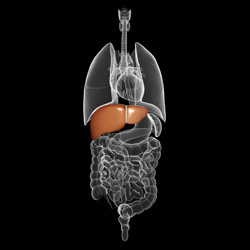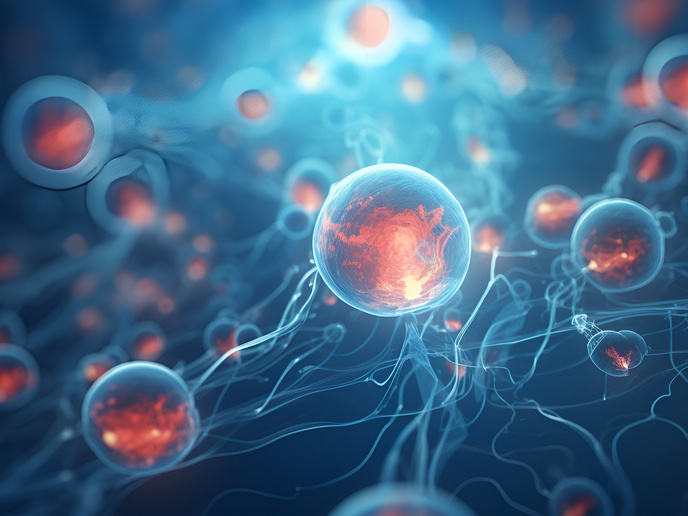Building bio-artificial liver systems
Silicone is a good potential scaffold for growing artificial organs and 3D microtissue devices. However, further work is required to improve cell adherence and optimise various 3D microtissue systems for commercial application. The 'Specialised cell carrier components' (SPECCC)(opens in new window) project builds on previous work on this system carried out at one of the project's industrial partner companies. The project is now developing several different systems using liver cells and a silicone framework.Researchers investigated the growth of liver cells in the first-generation silicone carriers. This initial work also looked into growing liver cells in carriers in bioreactors. Project members have also made progress towards developing the liver cell lines required for the biological aspect of these systems. They have immortalised hepatocytes (liver cells) and liver endothelial cells from humans for this purpose. SPECCC has also worked on the physical properties of the porous silicone carrier, such as pore volume, mechanical stability and cell surface properties. Researchers have tested plasma and collagen treatments of the silicone surface to help liver cells stick.The project will use this research to build prototype second-generation silicone carriers. These will have applications in drug and toxicity testing.







